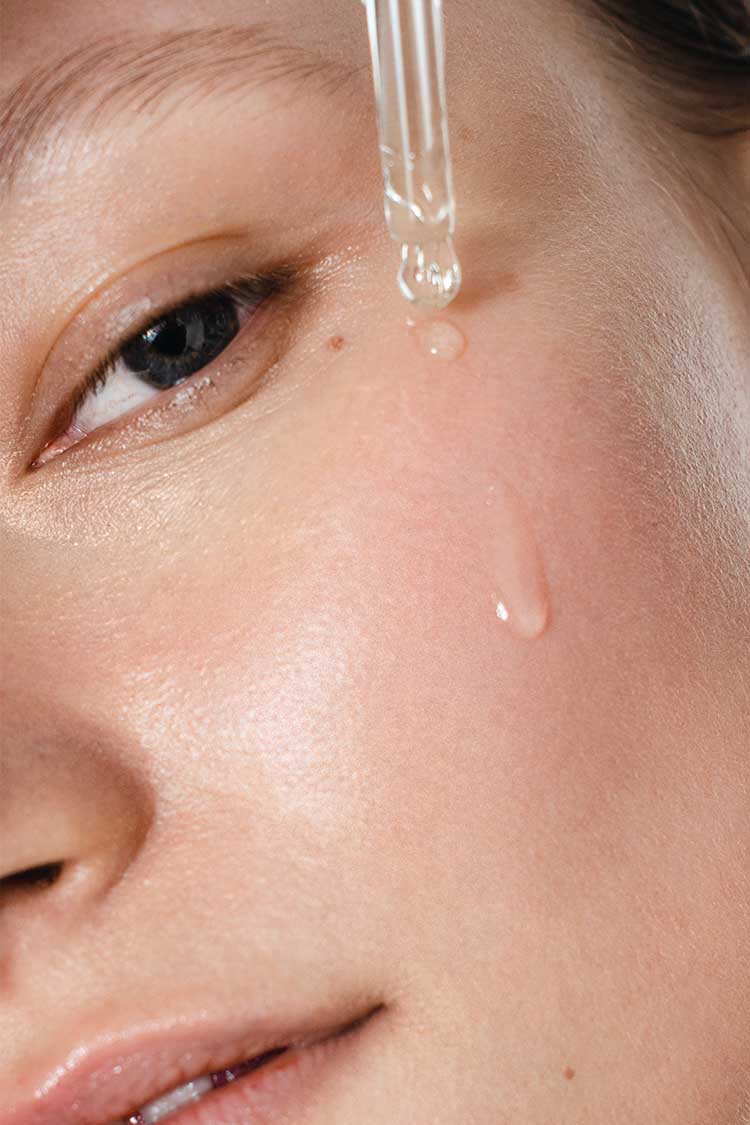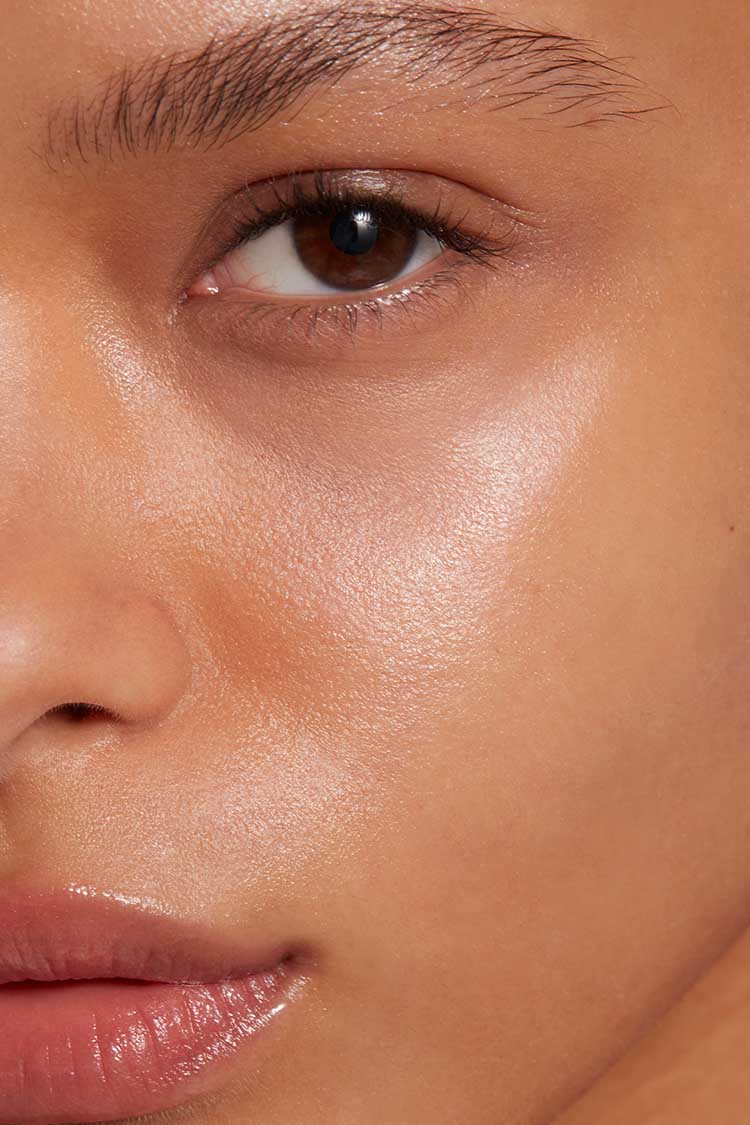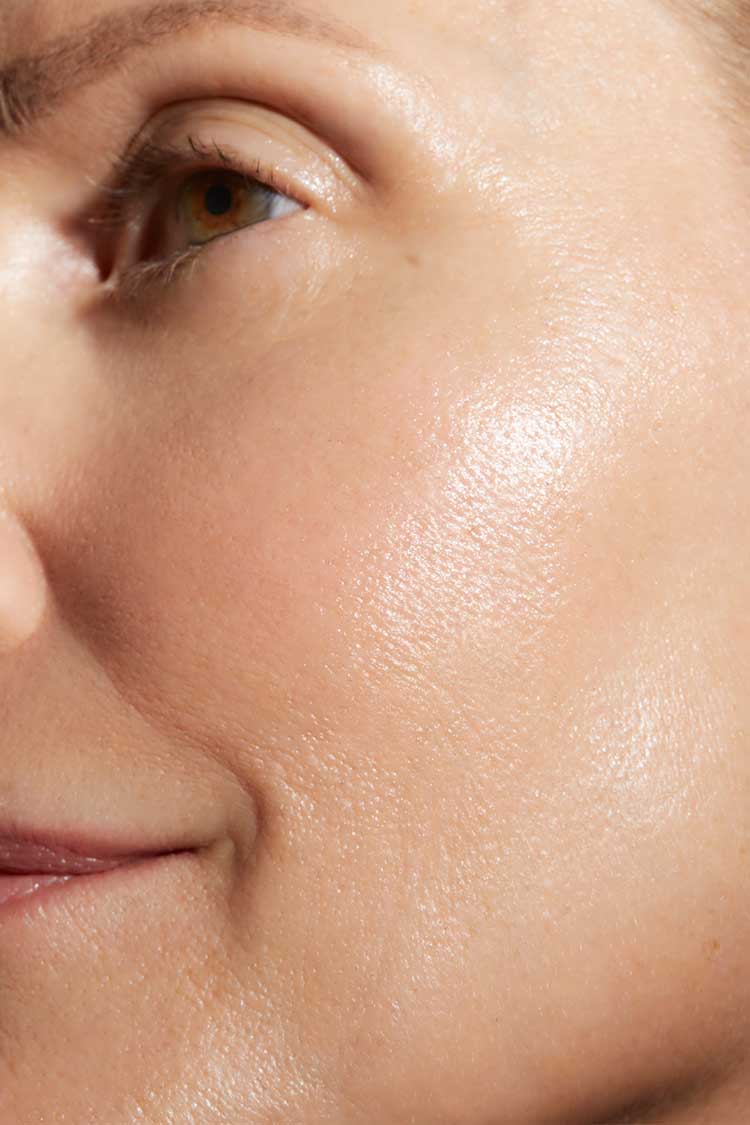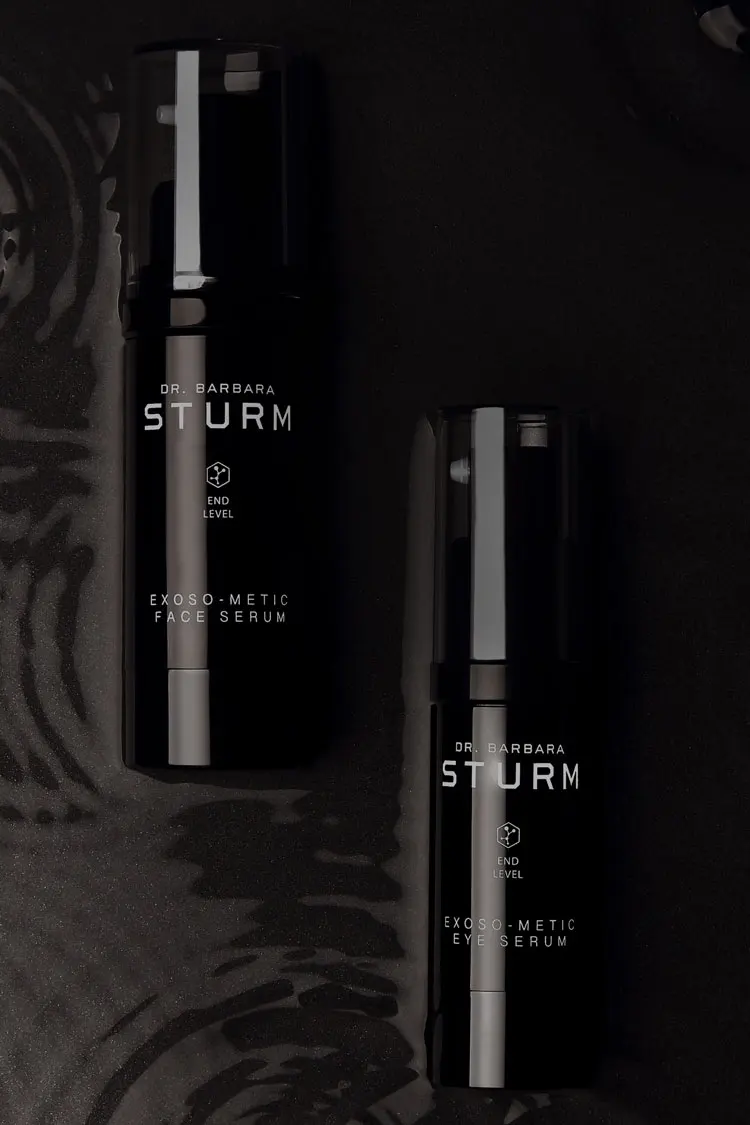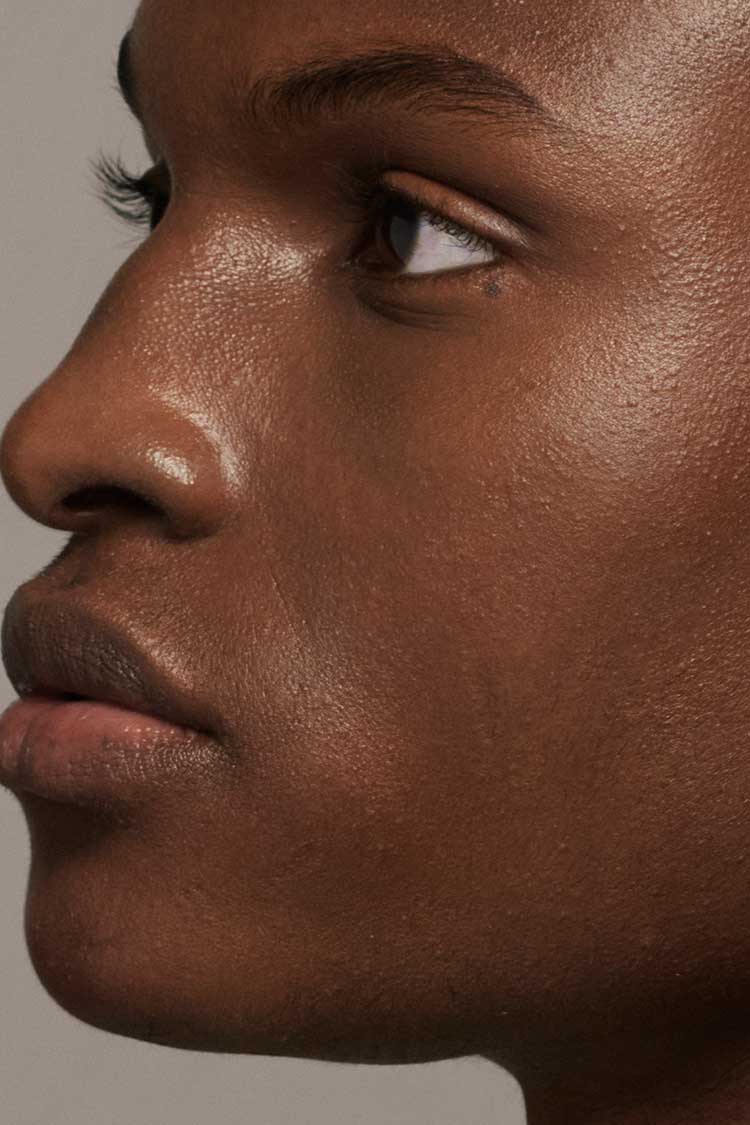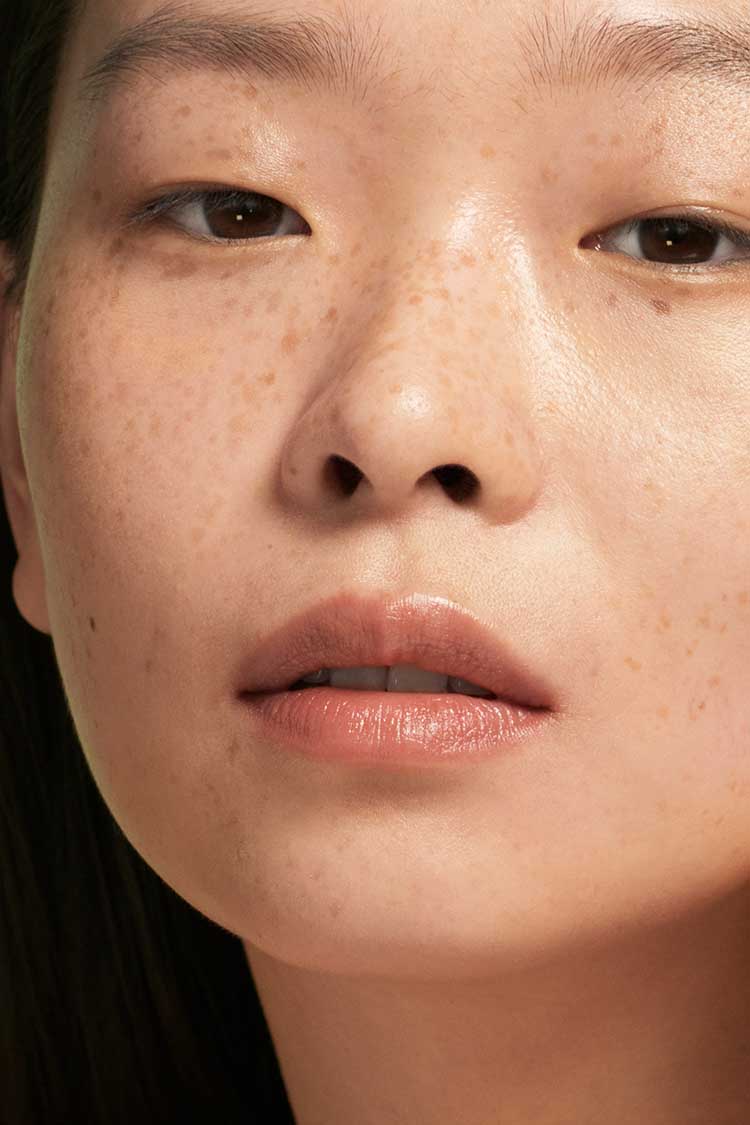INSTAGRAM LIVE WITH DR. TARA SWART: 10 TAKEAWAYS
15th Sep 2022
On the first day of Dr. Barbara Sturm’s Anti-Inflammatory Wellness Week, she sat down with neuroscientist, author and MD Dr. Tara Swart, to shed some light on sleep habits and stress management and discuss the elements that encompass an anti-inflammatory lifestyle. Dr. Swart shared her insights from her extensive medical career on the effects our brain has on bodily functions and how stress can affect more than just our mental health. Read on for ten things we learned from Dr. Barbara Sturm’s conversation with Dr. Tara Swart.
1. Pay attention to psychosomatic reactions and address them
Psychosomatic reactions are physical illnesses or pains caused or aggravated by mental factors like stress. Although they are influenced and caused by the mind and emotions Dr. Swart cautions against diminishing or ignoring them as they are clear indicators that something is wrong. Anxiety will show itself in physical, mental and spiritual aspects of our life and when they show up in the physical, like in a rash, fatigue or a headache it’s important to address the route of the physical pain.
SKIN SCHOOL WITH DR. TARA SWART: MENTAL HEALTH
2. Mental health and skin health are directly connected
Dr. Swart discussed psychodermatology, the connection between our mental health and the condition of our skin and the treatment of skin disorders using psychological and psychiatric techniques. She explained that chronic, low-grade stress can cause inflammation and systemic dryness which can create reactions on the skin such as a dry, irritated scalp, a dry complexion and eczema, as well as constipation and slowed metabolism. Dr. Swart said that she swears by Dr. Barbara Sturm’s DARKER SKIN TONES HYALURONIC SERUM to combat the drying effects of cortisol (the stress hormone) on the skin and also said that it’s especially important to be drinking tons of water and eating food like cucumbers and leafy greens when we are experiencing high stress in order to replenish our bodies and skin with moisture.
3. Stress is more than just an innate feeling
Dr. Swart explained that stress is also an environmental and systemic reaction that is constantly being triggered by things around us, such as blue light, pollution, excessive sun exposure and things like family issues or world problems, like Covid, are also external stresses that have an effect on our mental health. Dr. Swart suggested five simple steps to help deal with these external factors: rest, fuel, hydrate, breathe and simplify. Also training our mind to address stress positively can help. “If you think you can or you think you can’t handle something, you’re probably right,” said Dr. Swart.
4. Digital screens can inhibit our circadian rhythm
Smartphones, televisions and any blue light transmitting from our digital screens hinder our bodies natural circadian rhythm, preventing us from falling asleep. Dr. Swart and Dr. Sturm suggested putting all electronic devices and screens in another room before bed, including smart phones. “Invest in an alarm clock that isn’t your phone,” Dr. Swart said. Alternatively using a natural sleep aid like magnesium is a great shortcut to easy sleep, as it can help put your body back on a sleep schedule.
SKIN SCHOOL WITH DR. TARA SWART: HOW MOOD EFFECTS YOUR MENTAL HEALTH
5. Menopausal changes affect our sleep hormones
Fluctuations in sex steroid hormones such as androgens, estrogens, and progestogens during the menopause affect women’s melatonin production and have the potential to slow it down, meaning a good night’s sleep can be difficult to achieve. Everyone’s experience is different however and Dr. Swart suggests a couple of things: sweat wicking clothing, making sure your bedding is natural and breathable and that bedroom temperature is low (18 degrees C for prime sleep). She also suggests having a bath or shower before bed to lower body temperature as a rise in or irregular body temperature is what usually wakes menopausal women.
6. Breathing exercises can help slow your heartrate
Heartrate variability is a great measure of stress and if you notice that it is irregular it’s a good indication that you need to use techniques to slow it and calm down. Dr. Swart suggested using technology like a smart watch to monitor your heartrate and to then try breathing exercises such as ‘box breathing’ or simply take 10 long deep breaths in between Zoom meetings. “You know it’s so simple, it doesn’t cost anything and it’s so good for our heath,” said Dr. Sturm. Also going outdoors, especially in nature, helps you naturally breathe more deeply which will immediately counteract stress.
7. Workouts should be tailored to suit your stress levels
Working out can expel cortisol and relieve stress, but Dr. Swart warned that there is a difference between being sedentary and needing intense movement versus being hyper stressed or anxious and needing a gentler workout. To expel cortisol through your sweat you need to get your heartrate up, but if you’re already under stress you don’t want a high intensity workout, because it can trigger “prehistoric feelings of escaping predators,” causing more panic. Dr. Swart suggested instead to try “joyful workouts” like Zumba or dance and do exercise that you enjoy.
SKIN SCHOOL WITH DR. TARA SWART: BRAIN FUNCTION & DIET
8. Sleep hygiene starts in the morning and continues through the day
It’s a common misconception that our sleep is disrupted because of our bedtime habits but sleep quality is also dependent on our day-to-day. Once you’re out of bed drink water and take probiotics and try not to drink caffeine after 10 a.m. because it has a 12-hour release time. Dr. Swart also advised against falling in to a sedentary state during the day but explained it’s as simple as “taking your phone calls while walking around your living room or using a stand-up desk.” What you eat during the day also has an effect on how you sleep - processed and high sugar foods may interrupt your sleep habits as your body has to work harder to digest them. Dr. Swart recommended healthy, anti-inflammatory foods such as nuts, fish and avocado as well as seeds and leafy greens that provide antioxidants and hydration. “It’s also important not to eat too late at night or too heavy or raw,” Dr. Sturm added. “These foods sit in your system and gut and distract your body with digestion instead of sleep.”
9. Cuddling can ease stress and boost sleep
Co-sleeping with children, as Dr. Sturm shared she likes to do with her daughter Pepper, releases oxytocin which balances out our stress hormones and is especially helpful before sleep. If you don’t have someone to cuddle with then taking more baths than showers can have the same ‘cocooning’ effect. Dr. Swart also suggested self-massaging using body lotion as a self-care ritual. “Moisturize and thank each part of your body for what it does. I always say thank you to my skin for being my boundary, because psychologically that’s very important,” she explained.
10. Deal with routine changes slowly
The last year has been one of extreme change and as we start a slow return to normalcy, there is a general anxiety around dealing with yet more changes to our routines or returning back to our previous day-to-day. Dr. Swart suggested starting small and not abandoning rituals that you’ve picked up during quarantine or otherwise. “My approach with re-entry anxiety is to pace yourself socially and prioritize your morning rituals even when we’re allowed to be out and busy again,” she explained. Dr. Swart and Dr. Sturm also spoke about making new habits feel positive rather than looking at them as annoying tasks you need to complete. Dr. Sturm said, “Make your skincare routine something happy! I personally couldn’t go to bed without my skincare routine because I love how my skin feels after it. Everything we do should become a beautiful experience.” Dr. Swart added, “My morning skincare routine has become a complete anchor for me in the last year and it is something I have never ever skimped on. It became a ritual for me.”
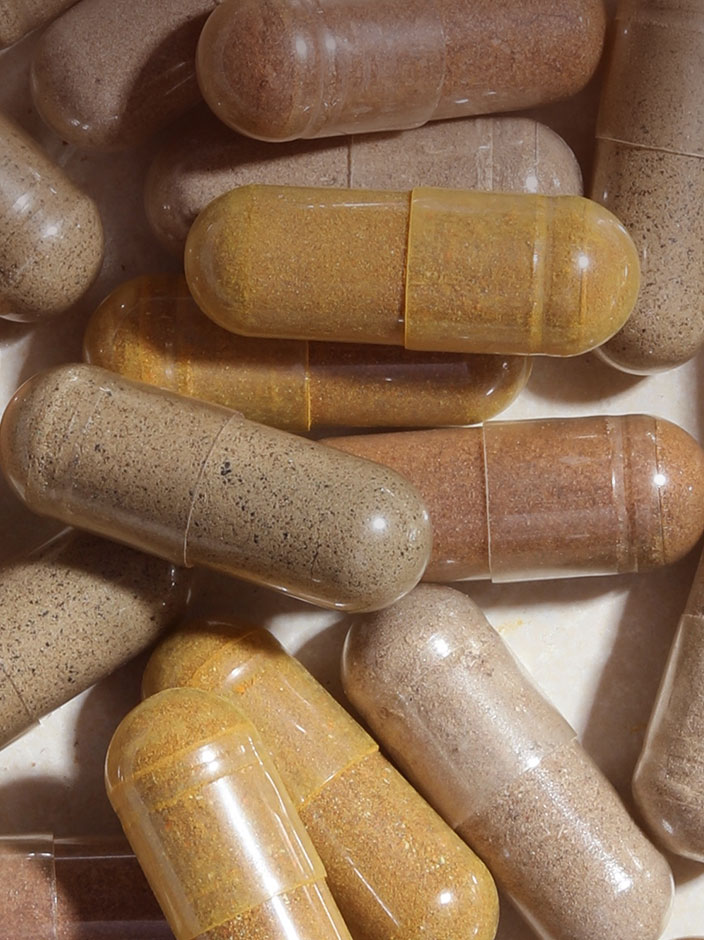

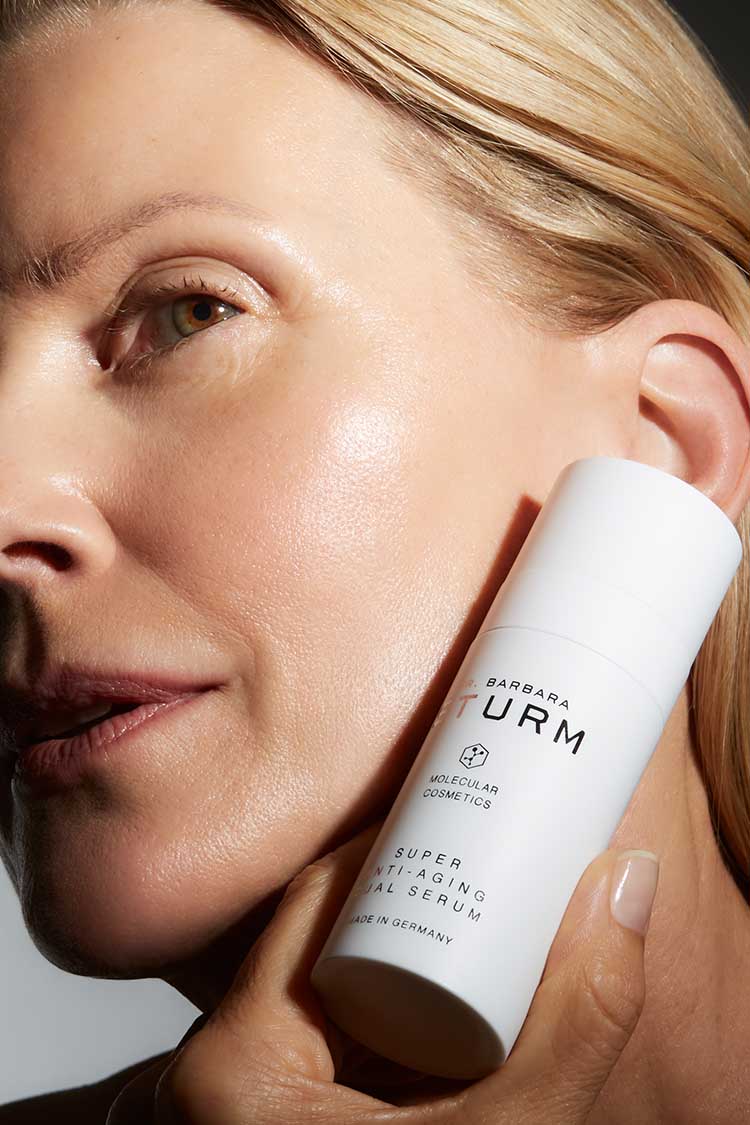
.jpg)
